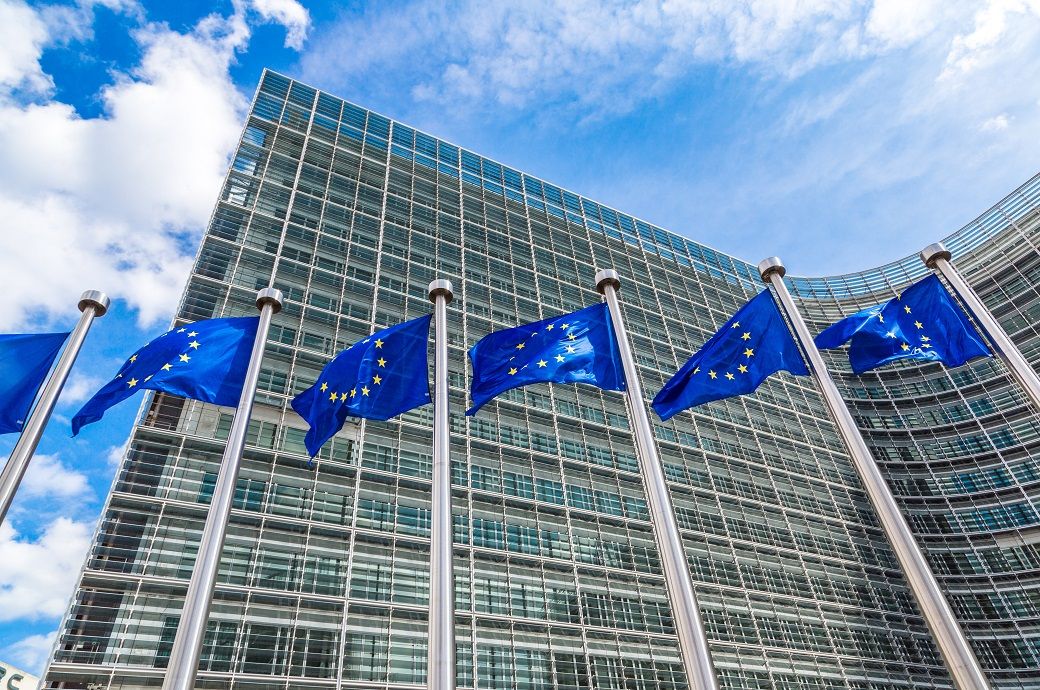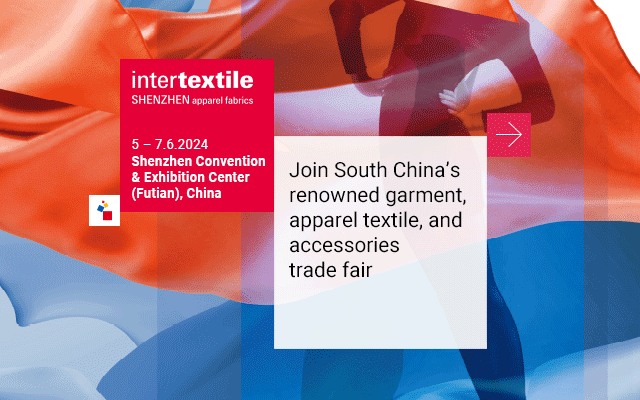EU Parliament passes directive on corporate accountability

Insights
- European Parliament has passed a new directive mandating companies to actively address their negative impacts on human rights and the environment.
- Under the 'due diligence' directive, companies with over 1,000 employees and significant global turnover must prevent and mitigate issues like slavery, child labour, and environmental degradation.
The legislation mandates EU companies and their global partners to prevent, mitigate, or end negative impacts related to human rights abuses such as slavery and child labour, as well as environmental issues including biodiversity loss and pollution. This directive will affect large companies, including those with over 1,000 employees and a worldwide turnover exceeding €450 million ($482.40 million), along with firms engaged in franchising or licensing agreements in the EU, the European Parliament said in a press release.
Under the new rules, affected companies are required to integrate due diligence processes into their operations, ensuring that both upstream and downstream partners adhere to these standards. Companies must also develop transition plans to align their business models with the Paris Agreement's goal of limiting global warming to 1.5°C.
Member states are tasked with providing detailed guidance through online platforms and establishing supervisory authorities to enforce compliance. Companies failing to meet their due diligence obligations may face penalties, including fines up to 5 per cent of their net worldwide turnover, and will be liable for damages caused by any breaches, ensuring full compensation for victims.
The directive is still pending formal endorsement by the Council, after which it will be signed and published in the EU Official Journal. It will become effective twenty days following its publication. Member states are then given a two-year period to incorporate the new rules into their national laws.
The implementation of the new rules, excluding the communication obligations, will be phased in over several years. Starting in 2027, the regulations will apply to companies with more than 5,000 employees and a global turnover exceeding €1,500 million ($1,607.59 million). In 2028, the rules will extend to firms with over 3,000 employees and a worldwide turnover of €900 million ($964.55 million). By 2029, all other companies that meet the directive’s criteria, including those with over 1,000 employees and a worldwide turnover greater than €450 million, will need to comply.
Following the plenary vote, lead MEP Lara Wolters (S&D, NL) said: "Today’s vote is a milestone for responsible business conduct and a considerable step towards ending the exploitation of people and the planet by cowboy companies. This law is a hard-fought compromise and the result of many years of tough negotiations. I am proud of what we have achieved with our progressive allies. In Parliament’s next mandate, we will fight not only for its swift implementation, but also for making Europe’s economy even more sustainable.”
Fibre2Fashion News Desk (KD)



20240504122910.png)




























-Ltd..jpg?tr=w-120,h-60,c-at_max,cm-pad_resize,bg-ffffff)





.jpg?tr=w-120,h-60,c-at_max,cm-pad_resize,bg-ffffff)
.jpg?tr=w-120,h-60,c-at_max,cm-pad_resize,bg-ffffff)






